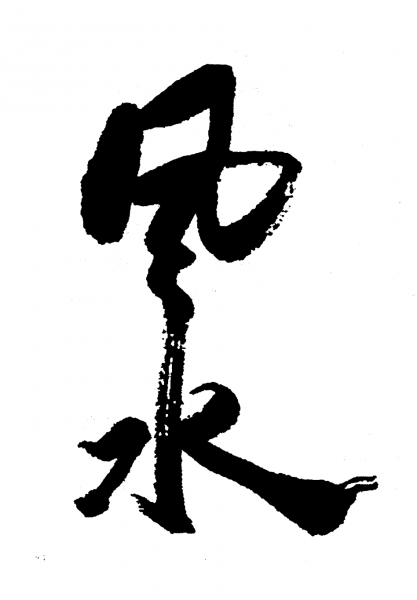On April 12, 2006 Google’s CEO, Eric Schmidt, formally announced Google’s business name in China; ?? (Guge)?During recent months there has been a soap opera played out between the Chinese government and Google, over which Google made the decision to move its operation to Hong Kong. Then on April 3, 2010, Google decided to discontinue using its Chinese company name and replaced it with “Google in China”. The Chinese name, Guge, was used for just under 4 years.
A name as well as logo represents the information level of a company, for everything in the universe has matter, qi-energy, and information attributes. Therefore, all successful companies have a good logo and name. When Google’s Chinese name was chosen and announced four years ago, I was very surprised and commented it was not a good sign for Google’s operation in China. Google could have easily chosen a better name. I wondered who was behind this naming? Doesn’t Google have better talent in its Chinese team to foresee the future difficulty by using this name? I was puzzled.
The Chinese word Gu means Valley, Ge means Song or Singing. To sing and to have the energy extended, to have the song heard in a big way, one should stand on high ground, on top of a mountain or on top of the Great Wall, not in a valley. A valley means one is confined and trapped.
Things always begin on the information level, moves to the qi-energy level and than on to physical manifestation. What happened today for Google was already determined when it chose its Chinese name four years ago. It was destined to fail. Maybe by restoring its name to English it will have a 2nd chance in China.

